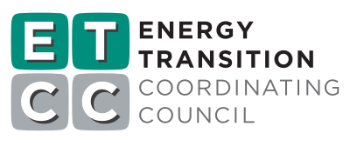Project Info
COMPLETE
Project Title
Water Treatment Strategies for Evaporative Cooling Systems
Project Number ET07SCE1090 Organization SCE End-use HVAC Sector Residential Project Year(s) 2010 - 2012Description
The primary goal of this investigation was to provide long term laboratory test data to assess the longevity of an evaporatively-cooled condensing unit (ECCU) and to provide recommendations for operation and maintenance of the system to maintain performance and energy efficiency. A secondary objective was to evaluate water management strategies to minimize the use of bleed water and reduce the water consumption of the system. A laboratory evaluation will take place to test the efficiency.
Project Report Document
Loading PDF Preview...
